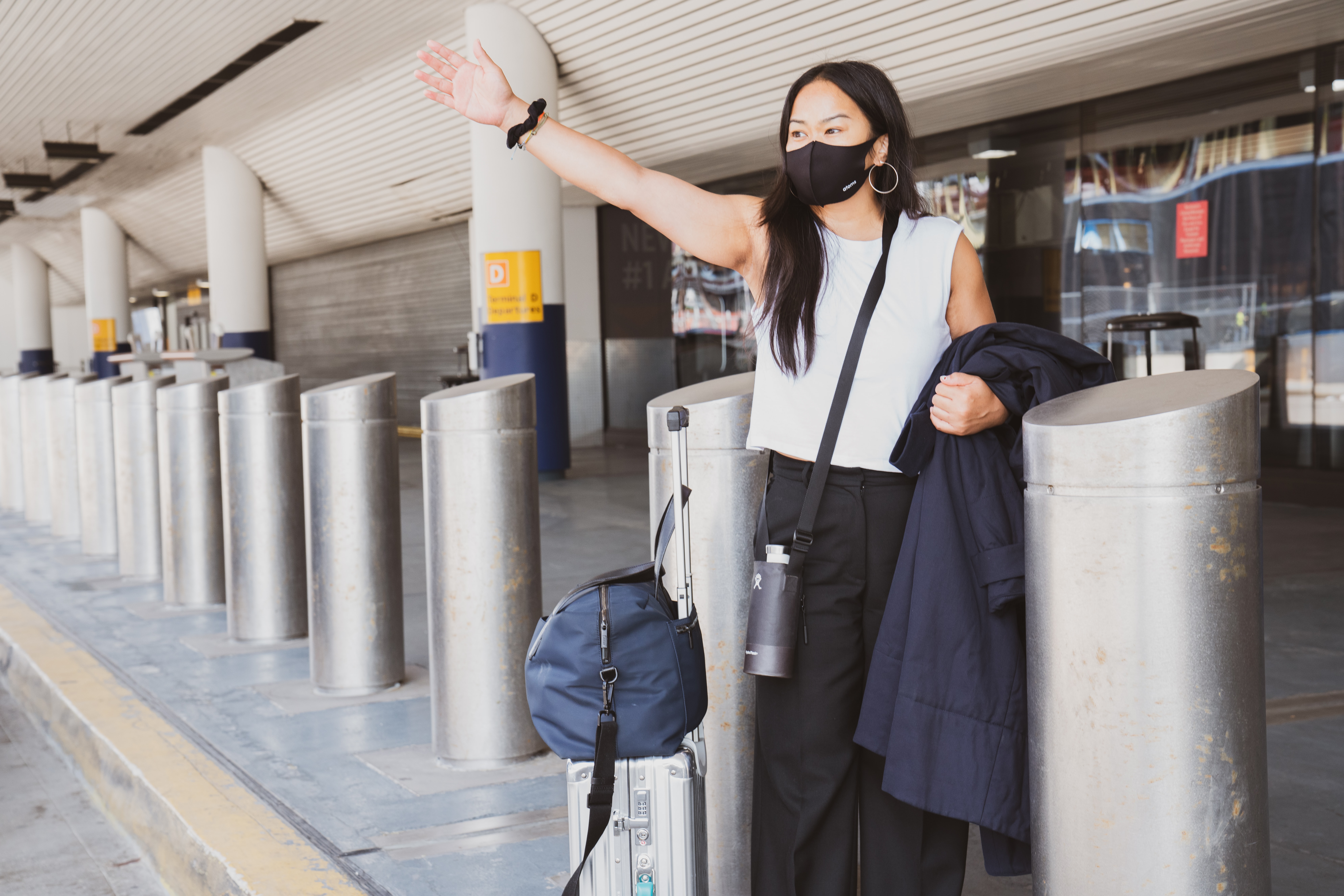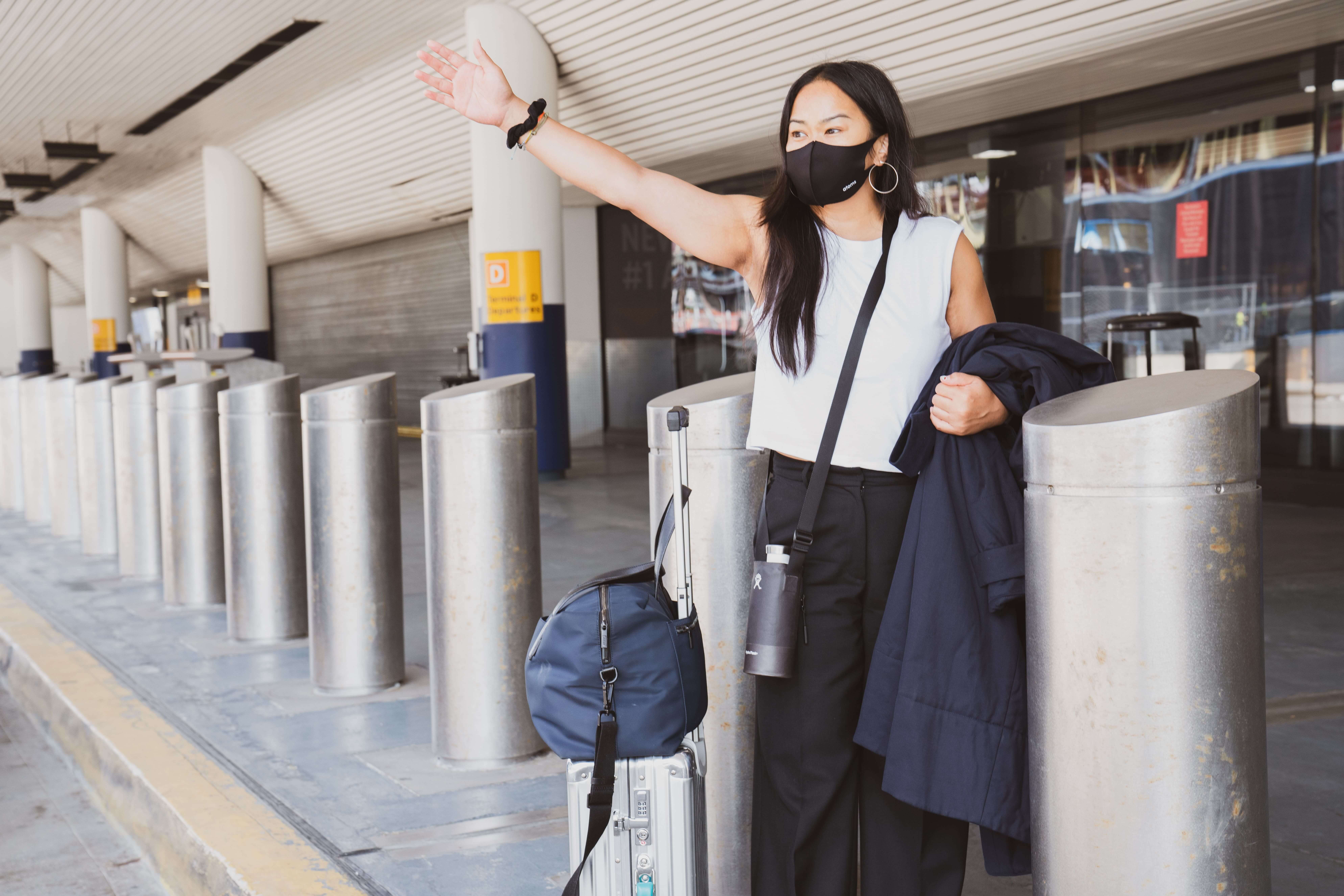There’s no question that the global Covid pandemic has drastically altered our lives, but not every change has been a negative one. For example, the rise of remote work in the wake of social distancing has given today’s workforce more flexibility than ever before. As such, young people who are working or pursuing a degree can now travel any time of the year.
Travel can also be a lifestyle. Once a group that existed on the fringes of society, “digital nomads” have increased in frequency in recent years. Although the exact number of digital nomads throughout the world is difficult to pinpoint, some 10.9 million U.S. workers have embraced the lifestyle as of mid-2020, reports the BBC.

Whether nomadic or based in a single location, remote workers run the gamut from accountants and stockbrokers to writers, editors, sales professionals, and beyond. Students are also a big part of the picture when it comes to modern nomadic life. Many higher learning institutions around the world have implemented strict social distancing mandates as a result of Covid, offering more online degree options than ever before.
This shift towards an increasingly digital world allows students a greater opportunity to travel while pursuing online learning. And although the nomadic lifestyle can be tempting, it’s not necessarily for everyone and requires discipline and self-determination. The transition from face-to-face to remote learning can also be difficult for some. Here’s what you need to know about how to balance a travel lifestyle, education, and your budget — from anywhere in the world.
Flexibility for an Increasingly Remote Workforce
One of the benefits of online learning is that it allows for a more seamless transition to a remote career path. And the journey starts well before you begin the remote job search: If you’re looking to travel while taking college courses, you must understand how to choose the right online learning degree program for your future needs.
First, consider the numerous ways in which an advanced degree, such as an Online Master of Accountancy, can give you a leg up in a competitive labor market. Degree holders have a larger pool of jobs to choose from, especially those that offer higher pay and long-term stability. And in increasing numbers, employers are actively seeking out remote candidates, who can log in from virtually any location and can work independently.
Considerations for Student Nomads
Despite the perks of a digital lifestyle, however, it’s not always going to be easy. If you aspire to work and live on the road in some capacity, whether year-round or seasonally, there are numerous factors to consider. For starters, you’ll need to have all the necessary tools for the job, such as a reliable laptop and stable internet connection.
Communication is key for remote workers and students alike, and you should also have a schedule in place to help manage your time without getting overwhelmed. For remote students, the lines between job and regular life can easily become blurred, so make sure to stick to your schedule, and study during allotted times while minimizing distractions.
You should pay similar attention when organizing your learning budget. Maintaining a budget as an online graduate student can be tricky, and you must calculate your income versus expenses to stay afloat. Nomadic students should include travel-related and lodging expenses when calculating a workable budget, and consider setting aside a small amount of cash each month in case of emergency. Anything can happen when you’re living a nomadic life, and it’s best to be financially prepared if possible.
Finally, whatever the nature of your learning aspirations, go at your own pace. No matter if you’re studying from a houseboat in the Caribbean or a cabin in the Rocky Mountains, the online learning journey is a highly personal one, so make it your own.
Benefits of Remote Work and Travel
Interestingly, the ability to work from whichever location we choose has myriad, wide-reaching benefits, and can even make us happier. According to the United States Census Bureau, workers who switched to telecommuting during Covid were happier, healthier, and more financially secure than their in-office counterparts. What’s more, those with a bachelor’s degree or higher had more opportunities to work from home
Travel has similar effects on your mental health. The popular travel blog Lonely Planet reports that travel can give us a unique perspective on life while improving our ability to think creatively, as we are immersed in cultures vastly different from our own. The nation’s top employers are on the lookout for candidates with a well-rounded worldview who can also perform under pressure, and digital nomads fit the bill.
Key Takeaways
For the adventurous, the digital revolution offers a prime opportunity to travel while still pursuing a career in your chosen field. And you don’t have to wait until graduation to embrace the travel lifestyle; online learning is rapidly becoming the norm rather than the exception when it comes to higher education.
rather than the exception when it comes to higher education.




